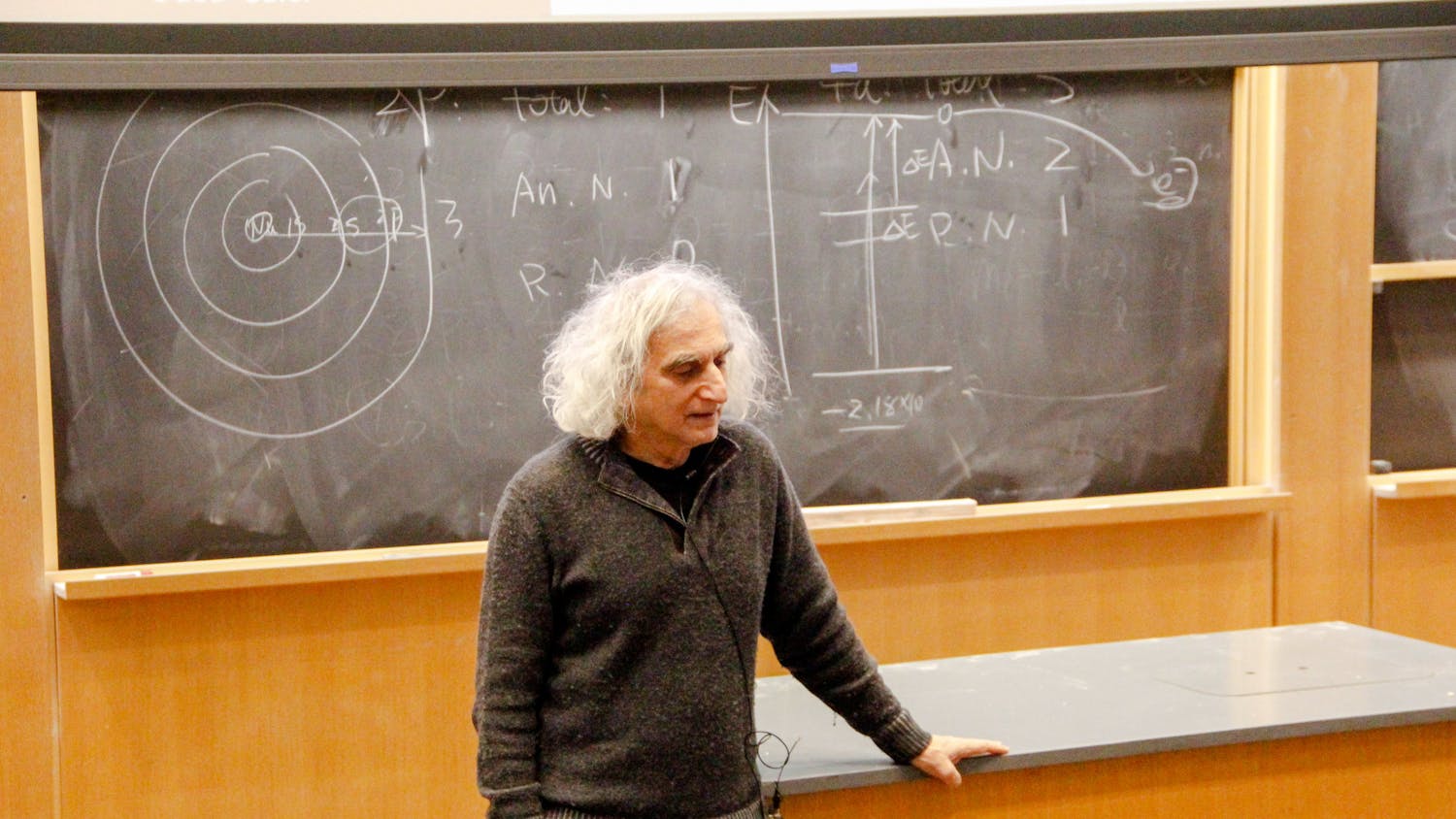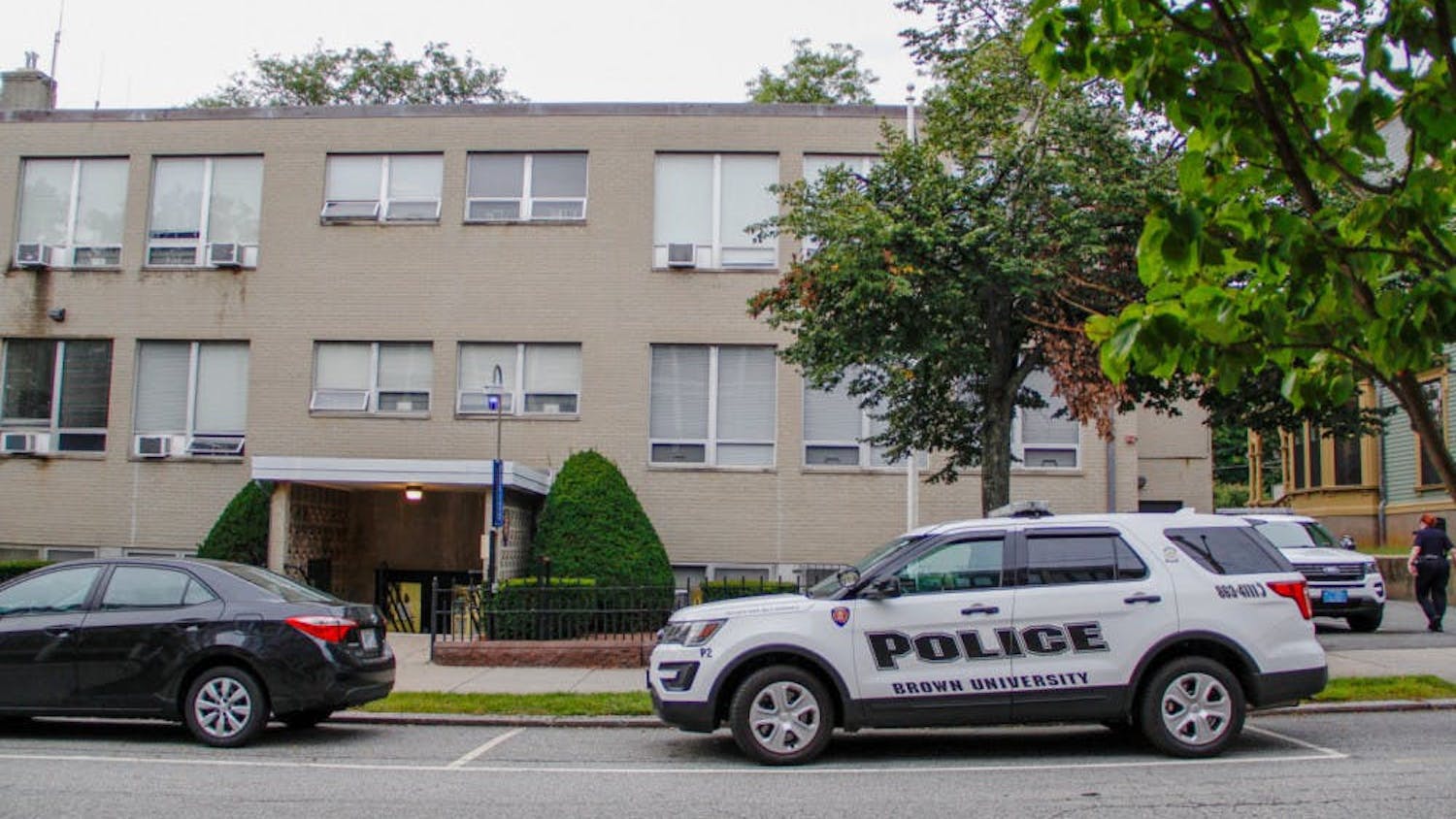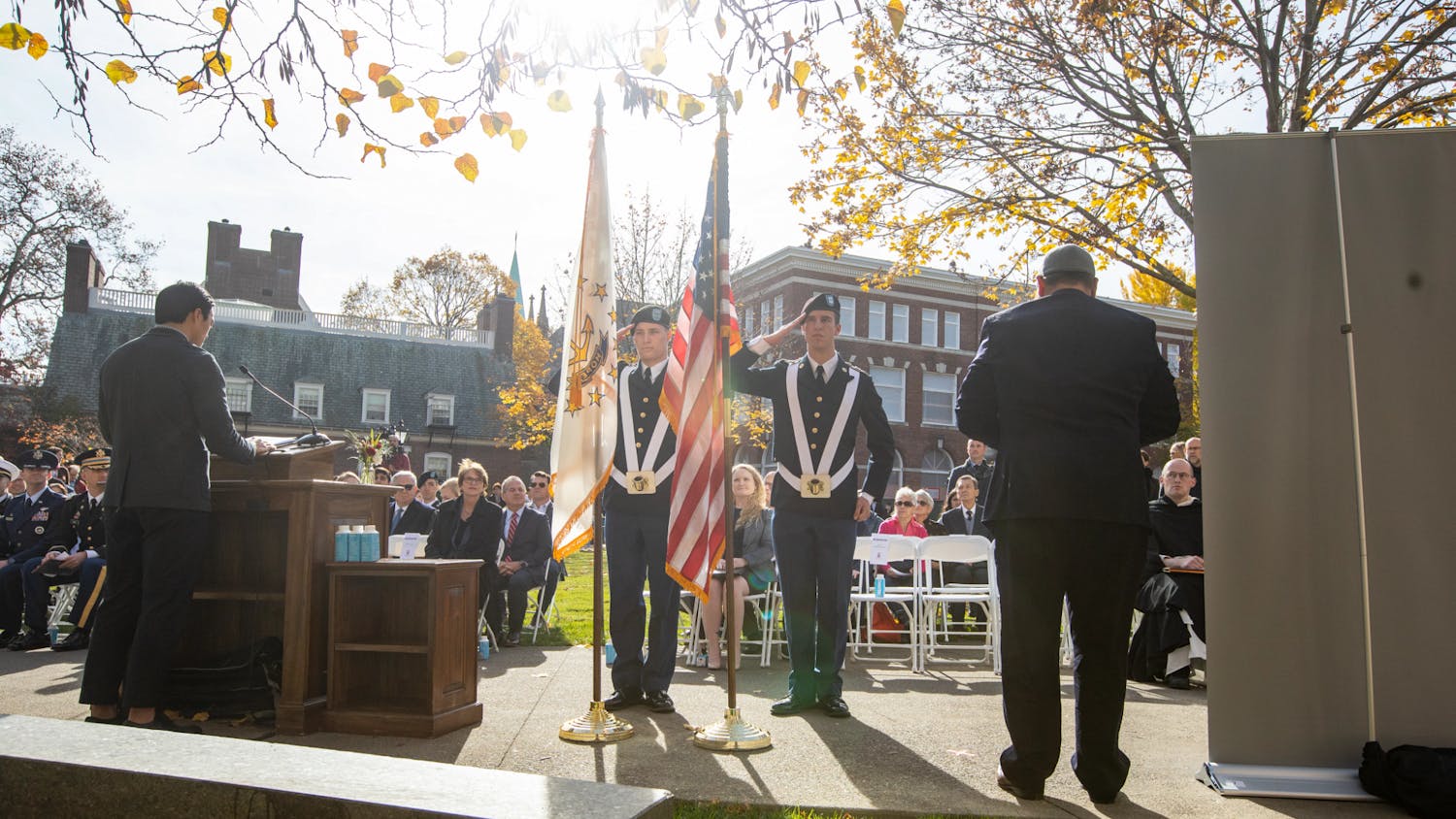Katherine Mason, assistant professor of anthropology, Andrea Flores, assistant professor of education and Sarah Willen, associate professor of anthropology at the University of Connecticut, recently received a National Science Foundation grant to investigate the effects of the pandemic on first-generation college students and their parents. The $355,000 in funding will start in July 2022 and will continue for 36 months.
Flores, Mason and Willen will use the NSF grant to investigate “how first-generation families are managing the pandemic and their commitment to each other and to the work of producing a college graduate,” Flores said.��
The study follows Mason and Willen’s , which launched in May 2020 and has been collecting journal entries from ordinary people to document unique experiences with the COVID-19 pandemic, The Herald previously reported.��
The project is “open to absolutely anyone worldwide who is able to read English or Spanish … and they can contribute in any language they want,” Mason said. Almost 2,000 people from 50 different countries have participated in the Pandemic Journaling Project so far, according to Mason.
The mission of the Pandemic Journaling Project is to “encourage average people to make records of this time as it's going on, to act as witnesses and recognize the value of their perspective,” said Sofia Boracci ’22, a research assistant on the Core Team of the PJP. According to Boracci, the researchers send surveys and get responses from participants on a weekly basis, which they will use to “create an archive of these voices in real time so that there are records of the pandemic and all of its associated factors and experiences.”
Through their work with the Pandemic Journaling Project, the researchers have found that “one of the groups that’s been affected with particular force are our students who are coming to college as the first in their families and also that the impact of the pandemic is on families as a whole,” Willen said.��
The researchers are particularly interested in the “relationship between first-generation college students and their parents,” Mason said, because of “early evidence that the closures of campuses and especially things that happened early in the pandemic … (were) particularly affecting this group of students more than others.”
The research funded by the grant will explore how the pandemic changed family priorities by creating “financial pressures, social pressures (and) health pressures,” she added.��
“We’re going to be recruiting student-parent dyads to participate throughout the two years of this study together,” because “previous research has shown that parents are particularly instrumental in shaping the trajectory of first-generation college students, even more so than continuing-generation college students or other types of families,” Mason said.
From the Pandemic Journaling Project, “we have collected journals from about 400 college-aged students … (and) we're going to send an invitation to all the students who have participated for the last two years in the project to take an eligibility screen to see if they're eligible for this next phase of the study,” Mason said. Afterwards, researchers will analyze the past journals of students who are eligible and invite them and their parents to participate, she added.
The next phase will use a similar method of journaling to that of the Pandemic Journaling Project, but instead of creating journal entries every week, participants will send in submissions every month for another two years. Additionally, the researchers will “help set up a conversation in which the parent and the student will talk to each other without our presence,” Willen said. These interviews will be used in addition to traditional interviews in which the students and parents are separately asked questions by an interviewer, according to Mason.
Most of the participants in the Pandemic Journaling Project “have participated because they enjoy it, they find it meaningful or they find it useful,” Willen said. “We hope that for people who participate … they might find it to be a meaningful way to step back and reflect.”
The researchers will take what they learn from this study and “share it in ways that will allow institutions on college campuses to recognize and anticipate and respond in meaningful and supportive ways to the needs of first-generation college students and their families,” Willen said.




